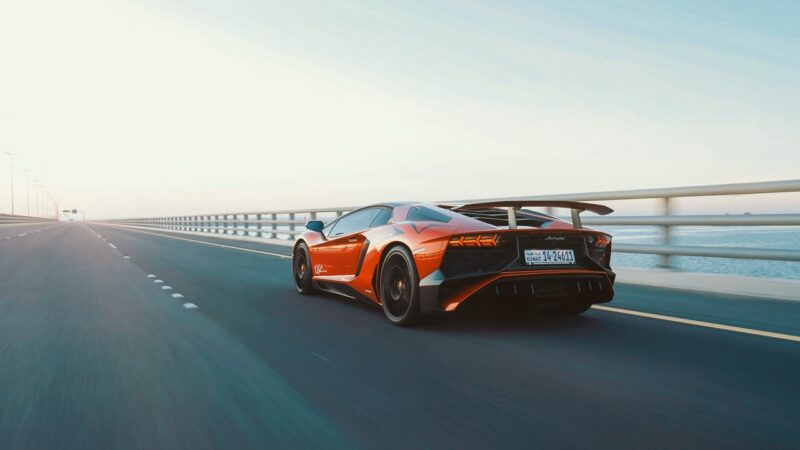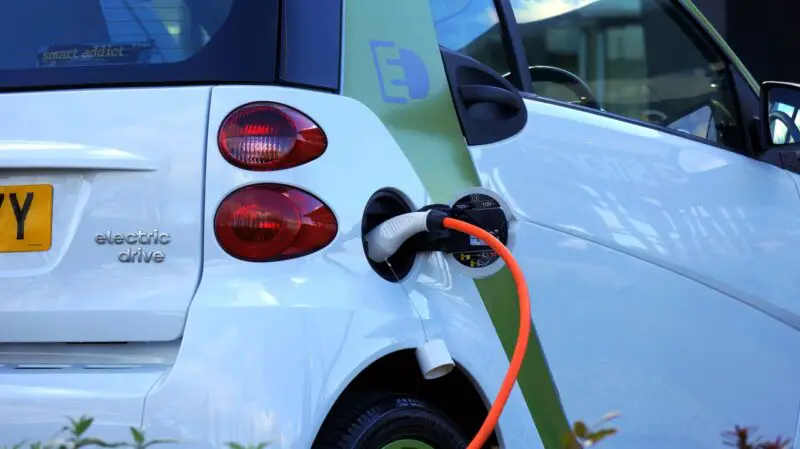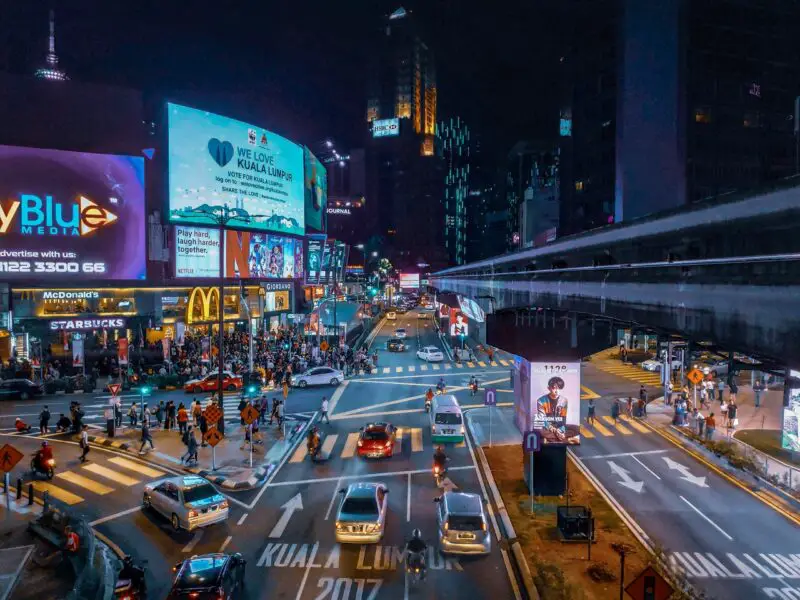As the generation forced to go without many things during their childhood, Baby Boomers grew up believing that material possessions were a measure of worth.
One of those possessions was the automobile, which symbolized freedom, independence, and wealth and Baby Boomers spent their teens and adult years believing car ownership was a crucial rite of passage. But it seems millennials are less car-crazy than their Baby Boomer parents, buying fewer automobiles and obtaining fewer driver’s licenses than ever before.
This article looks at why this might be happening and whether the emergence of driverless cars will have an impact on their reluctance to hit the road.
Why Millennials are not in love with cars
A study published by QuoteWizard.com reported that whilst millennials are still buying cars, they do tend to buy more practical and less expensive cars than previous generations.
The study found that the average manufacturer’s suggested retail price of the top five selling cars in 2018 was over $5,000 higher than the average cost of the top five vehicles bought by millennials. The most popular vehicles purchased by millennials included the Honda Civic, the Nissan Altima, the Honda Accord, and the Toyota Camry – all very practical options.
Despite these sensible purchases, millennials are less likely to get married or start a family, particularly at a young age of previous generations – so, without spouses or children, the latest generation is instead gravitating towards smaller, less expensive vehicles.
Millennials also tend to prioritize traveling and paying off debt over owning a car, as well as preferring to spend their money on exciting experiences over the accumulation of things.

There may be a combination of reasons why this generation doesn’t love cars as dearly as the last. These include:
1. Millennials are more money-conscious than their parents and may be reluctant to saddle themselves with a substantial purchase that immediately depreciates in value.
Many millennials are already up to their eyes in student debt and aren’t interested in going any further into debt – they also witnessed the fallout after the last recession and don’t like the idea of having no savings in favor of a depreciating asset.
2. The advent of ride-sharing apps means you can now summon a ride whenever you need it, which makes car ownership somewhat less necessary.
3. Cars come with a plethora of hassles including the cost of service, repairs, car insurance, registration, and even parking if you live in an inner-city area.
The younger generation has grown up in an era where convenience and smart options are valued over solutions that bring about tedious and expensive problems.
4. While Baby Boomers saw driving as an end in itself and a fun thing to do, millennials see it as a means to get from A to B and a chore in between. It is also a dangerous activity.
5. Unlike their parents, who were often mechanically minded, millennials know nothing about the workings of a car and many can’t even change a tire. Consequently, they have no emotional attachment to cars.
6. Millennials look for authenticity and they can smell hard sell from a mile off, which is why many car dealers are going online and turning up the soft sell to try and lose that old ‘snake oil’ salesman image.
7. With more cars on the roads than they are designed to accommodate, traffic congestion is worse than ever, which makes driving even less appealing to millennials.
8. Traditional cars are polluters and millennials are mostly eco-aware, so they are reluctant to contribute to the world’s environmental problems. They are aware of electric cars but feel there are too many problems with them that haven’t yet been ironed out.
It is ironic that while millennials appear to be turning away from the things Baby Boomers hold dear, Baby Boomers themselves are actually embracing the world of millennials. For example, a recent study on how people older than 50 use technology found that 4 out of 5 seniors are regular social media users.
So what about self-driving cars?
Obviously, it would be a sweeping generalization to say that every millennial has a disinterest in cars and a reluctance to own a driver’s license. But car manufacturers are seeing a downward trend in sales and millennials are their new target market.

So if it is not due to one of the reasons above, perhaps this generation is simply holding out for the coming of the self-driving car?
This is an autonomous vehicle driven by an AI system that uses various sensors such as radar and GPS to perceive its surroundings and move safely around with little or no human input.
Perhaps millennials are waiting for self-driving cars to become readily available and are reluctant to waste money on a conventional car in the meantime?
This is possible, but Shuman Legal told us that true self-driving cars are still only in the testing stages and much work will need to be done to existing infrastructure before they are likely to become commonplace on our roads.
So, maybe it boils down to the fact that traditional cars are simply yesterday’s technology. Because Millennials aren’t in love with them like their Baby Boomer parents, they could find themselves perfectly placed to usher in a new form of transport.
They may still purchase a car in the future, but it won’t be to satisfy a love of driving or the need for a status symbol. It will be purely as an investment; one that will earn them valuable income while they aren’t using it, as part of a network of ride-sharing, self-driving electric vehicles of the future.
Digital solutions and ride-sharing options
According to the Global Automotive Consumer Study conducted by Deloitte in 2019, consumers in India have reported that they feel ‘empowered trusting the power of digital solutions that make their commutes safer.’
Shared mobility solutions such as Uber, ride-hailing services like Ola, and self-drive rentals like Zoomcar have been gaining traction in India, and the result of this is evident.
Deloitte’s study shows that a substantial proportion of the population is questioning the need to own their own private vehicle – 51 percent of millennials (including Gen Y/Z), 44 percent of Gen X, and even 34 percent of the pre/boomers generation have questioned whether it is still necessary.
The report also found that 76 percent of the respondents are in favor of utilizing connected vehicles, whilst 84 percent believe that they will be highly beneficial regarding them providing suggestions of safer routes and updates to prevent collisions and improve general road safety.
Deloitte has concluded from their study that the industry of shared mobility is most certainly a growing one and that their findings have demonstrated a very clear divide generationally.
The global study conducted by Deloitte comprised 10,000 participant consumers from India, China, Australia, the Republic of Korea, Japan, and Southeast Asia. The participants shared their views on a range of critical issues currently impacting the automotive industry.
In India, there is currently 47 percent of people using their own vehicles every day, although that figure is expected to rise in the next three years to 50 percent.
Rajeev Singh, Deloitte’s India Partner said, India is at the cusp of digital transformation as we see a whole new way of engagement, interactivity, and consumption pattern. With that, the future is truly going to be driven by mobile connectivity and digital power.”
For Indian manufacturers, this means that whilst sales figures may not be dramatically affected, a significant portion of their production processes will have to adapt to cater towards the fleet and aggregators, rather than simply designing vehicles for personal use.
Moving forwards, they will have to consider the requirements, needs, and drives of cab aggregators throughout the development process and/or develop new technology for the production of shared vehicle rental programs, with tech that improves the process for the end-user.
Volkswagen India, for example, has recently announced their partnership with Zoomcar, providing them with 200 Volkswagen Polo hatchbacks to add to their rental fleet.
Manufacturers will have to take into consideration that, through an increase in the popularity of shared mobility, multiple people will use only one vehicle, and thus, the number of potential consumers will decline.
That said, however, vehicles that are shared will be covering significantly greater distances daily and will consequently have a shorter life span than a privately owned vehicle. Personal vehicles running on lesser mileage can last a good 15 years, whilst shared vehicles may only have a life span of around four to five years.
Final thoughts
As the younger generations make shared mobility the norm, vehicle life-cycles will surely play a major role in determining how the economics of the automotive industry will play out.
Nevertheless, whether it be vehicle use or any other aspect of modern life, a new generation with fresh ideas comes along and stirs everything up. Riding on the waves of new technologies, younger generations can’t help but pave the way for new ways of living, adapting to the inevitable changes that progress and evolution insist upon.

I am Adeyemi Adetilewa, an SEO Specialist helping online businesses grow through content creation and proven SEO strategies. Proficient in WordPress CMS, Technical Site Audits, Search Engine Optimization, Keyword Research, and Technical Writing (Portfolio).
I help brands share unique and impactful stories through the use of public relations, advertising, and online marketing. My work has been featured in the Huffington Post, Thrive Global, Addicted2Success, Hackernoon, The Good Men Project, and other publications.


